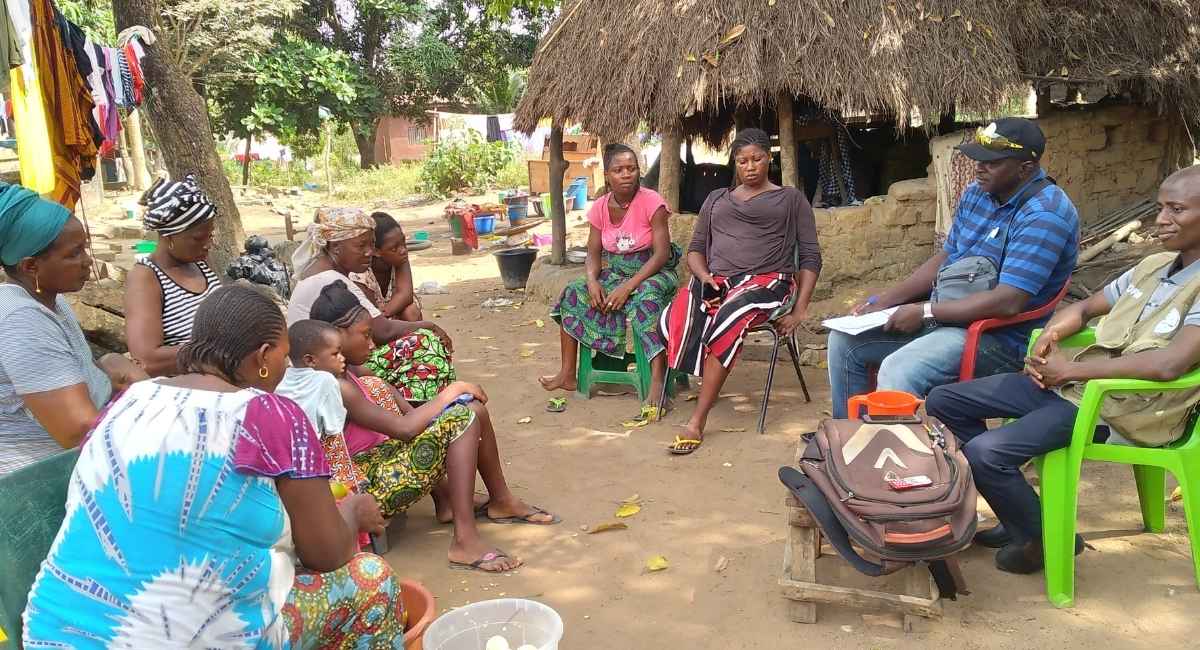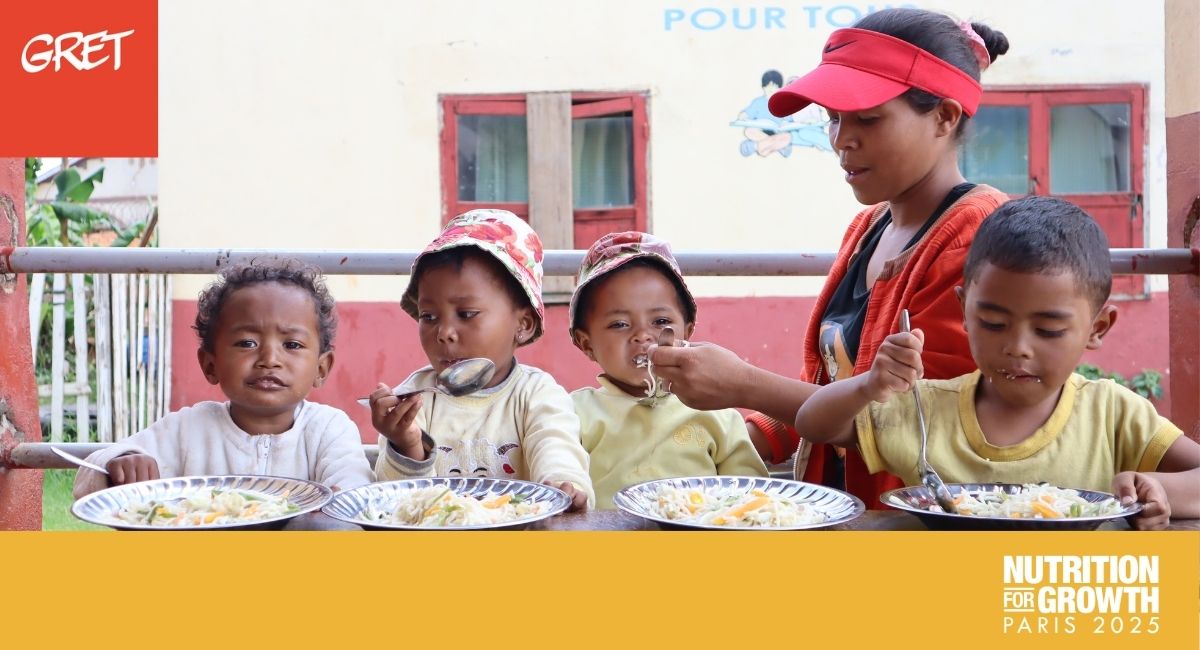In June 2018, GRET actively participated in drawing up an advocacy document, which was sent to the parliament of Burkina Faso, to facilitate importation of inputs necessary to produce fortified foods. Tahirou Traoré, nutrition programme manager in Burkina Faso, tells us about this successful advocacy action.
Why take a position in favour of the exemption of taxes and duties on importation of products to enrich foods used in the prevention and treatment of malnutrition?
In Burkina Faso, despite progress made in recent years, the nutritional situation of children under the age of five remains worrying, as over 21 % of these suffer from chronic malnutrition. To fight this scourge, several initiatives have been developed, in particular the manufacture and distribution of fortified (or enriched) foods using local products for the prevention and treatment of malnutrition. These consist of infant flours and therapeutic foods of good nutritional quality that are suited to the population’s tastes and eating habits.
In most cases, adding nutritional inputs (vitamins and minerals, amylase, whey) is vital to achieve the nutritional quality expected in these products (sufficient micronutrient content, adequate energy density, etc.). Enrichment of these foods requires imported nutritional inputs with relatively high costs for local producers that are mainly associations or SMEs. The various stakeholders have been receiving support from GRET and other partners for several years now. The challenge currently is to produce these enriched foods in quantities making them affordable for the most vulnerable layers of the population.
How did this initiative come about?
During a workshop in March 2018 at the national parliament, the parliamentary network for nutritional security (Repasen), technical and financial partners and stakeholders from the infant flour production sector considered that the government should create a support system for national production stakeholders, by strengthening advocacy to make conditions for importing nutritional inputs more flexible.
Repasen advocated for the adoption of a strategy to facilitate conditions for importing inputs for the promotion of national production of enriched infant flours and therapeutic foods to fight more effectively against malnutrition.
How does it fit in with advocacy actions already undertaken by GRET in Burkina Faso?
With this advocacy, GRET is reasserting its involvement in Burkina Faso’s public policies. In 2014, it provided support to the government to define and implement the first quality standard for infant flours in Burkina Faso, which defines reference standards ensuring the nutritional and sanitary quality of these products. In 2018, it contributed to advocacy for the increase of State budgetary allocations in favour of nutrition in Burkina Faso.






